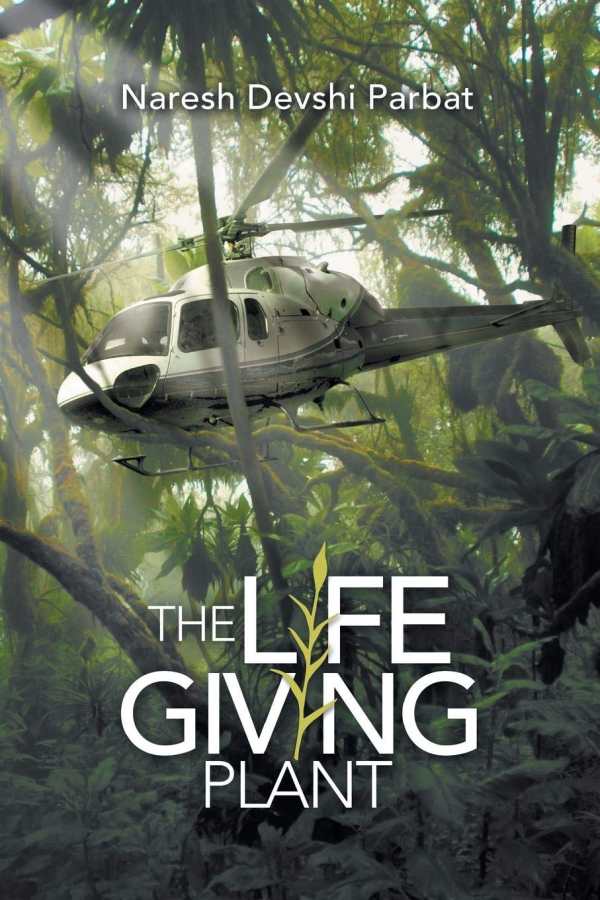The Life Giving Plant
The Life Giving Plant is an adventure novel in which the ethical implications of humanity’s quest for money and immortality take center stage.
In Naresh Devshi Parbat’s adventure novel The Life Giving Plant, a businessman confronts his health issues via a moral battle in the Amazon rainforest.
Beet Butterfly is a successful business owner with unlimited money and resources. The one thing he does not have is his health. While in the hospital with a mysterious ailment, he overhears his doctors comment that he will most likely be there for the rest of his life. He decides to hatch an escape plan.
After escaping, Beet ends up in a terrible helicopter crash that leaves him stranded with an isolated Amazonian tribe. They heal him using ancient, sacred plants. When the word gets out about this miraculous cure, the governments of the world descend upon the Amazon, hunting for the plants sure to make them both medicine and money. Beet vows to protect the tribe that helped him.
Beet is a dedicated and stubborn lead—a man who will do whatever it takes to see his goals accomplished. This characterization is established through direct dialogue and strategic actions. The nature of Beet’s business and accumulation of wealth is not clear, though the size and power of his company and material resources are touched on through his interactions with his personal assistant.
Beet has a distant family; their apathy is reinforced several times throughout the novel as they refuse to visit him in the hospital and express little care when he makes it back from the Amazon alive. Their disregard is used to justify Beet’s romantic involvement with another woman; that relationship’s progression is shown through sparse dialogue, and no emotional connection is established.
Supporting characters play limited roles. Most are dimensionless and indistinct, or are gestured at through crude descriptions. Many characters are added throughout, but the text is short on physical descriptions and names. Conversations in which voices are unique are often so because of ethnically insensitive word choices. Characters’ actions and deaths have little dramatic effect, even when they factor into the direction of the story.
The book’s many settings include Europe, the US, and the Amazon, each captured through brief descriptions that impart information, such as that there are 400 Amazonian tribes, all with their own languages. Social habits are also noted through short, broad descriptions of people’s daily lives, including Amazonian people hunting and gathering medicinal plants. Tribes’ individual identities are not established, though protecting Amazonian people is an important theme in the story. Beet’s concern reads as insincere, not only because he has already benefited from the rainforest’s plants. Preservation themes are delivered in a rush, through a convoluted diatribe at the end of the book.
The story takes a dramatic turn midway through, shifting from Beet’s hospital escape to Amazon adventures. Characters and plot lines from the beginning of the book are not integrated well enough into the rest of the story. The legal scrutiny of Beet’s escape provides conflict early on, but this thread is abandoned; the narrative becomes repetitive as various countries try and fail to find the sacred herbs, and the work is soon predictable. Transitions are confusing due to haphazard punctuation. The book’s resolutions are rushed, unsatisfying, and inconsistent with the rest of the story.
The Life Giving Plant is an adventure novel in which the ethical implications of humanity’s quest for money and immortality take center stage.
Reviewed by
Delia Stanley
Disclosure: This article is not an endorsement, but a review. The publisher of this book provided free copies of the book and paid a small fee to have their book reviewed by a professional reviewer. Foreword Reviews and Clarion Reviews make no guarantee that the publisher will receive a positive review. Foreword Magazine, Inc. is disclosing this in accordance with the Federal Trade Commission’s 16 CFR, Part 255.

